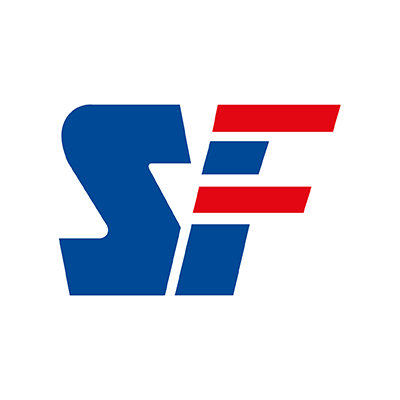Screwfix wanted a flexible, future-proofed contact centre and communications solution that would enable them to react quickly to customer affecting challenges.
Part of the Kingfisher Group, Screwfix are a major supplier of tools, plumbing and electrical equipment, bathrooms and kitchens.
As well as having over 270 Retail ‘Trade Counter’ outlets, they have a thriving online and catalogue business dispatching thousands of parcels each week to tradesmen, handymen and serious DIY enthusiasts all over the UK.
The challenge
Screwfix were finding that their existing contact centre and communication system was very difficult to manage.
Paul Wills, MI lead for Screwfix, says: “You needed to be a brain surgeon to work on our old system. It was very complicated to make routing and scripting changes and required help from our IT department – nothing could be done quickly.”
Furthermore, their existing system was out of ‘life and support’ as well having very limited ‘Disaster Recovery’ capability. At Head Office, limitations with the current platform meant that only employees above a certain grade were given voicemail.
Following a vendor review, BT were selected as the chosen partner because of their consultative approach and the linking of the solution to the business challenges.
The strong BT relationship with Kingfisher was a further factor, as group technology compatibility was important.

The solution
We can now achieve in minutes what used to take us days – and we no longer burden the IT department with our requests.
The result
The management of the system is now much easier and the telecoms team can do so much more in-house without having to involve the IT department.
Changes to announcements on the interactive voice response (IVR) system can be made in minutes, so when staff were unable to get to work because of the snow, an announcement was added to the system explaining that it might take a little longer than usual to get through.
Simple changes to announcements about opening times, such as at Bank Holiday periods, are now managed in-house and delivered in a very short time frame.
Screwfix also take calls for other businesses within the Kingfisher Group and the setting up and routing of telemarketing numbers to the contact centre is now all handled by Paul’s team. What used to take a week can now be done in a few hours.
If the contact centre was out of action for whatever reason, the loss of revenue to the business would be considerable. The new system has enabled Screwfix to formalise a disaster recovery plan should there be a problem at their contact centre building.
Contact centre agents would log in at desks in the nearby HQ building. Customer calls would be routed seamlessly to the agents’ new location with no impact at all on sales or service.
Paul concludes: “We now have a system that will evolve with us over the next five to seven years and we’re already planning how we make further use of the advanced features that the platform supports going forward.”
It’s been a painless journey and we’ve now got a system that will evolve with us over the next five to seven years.



